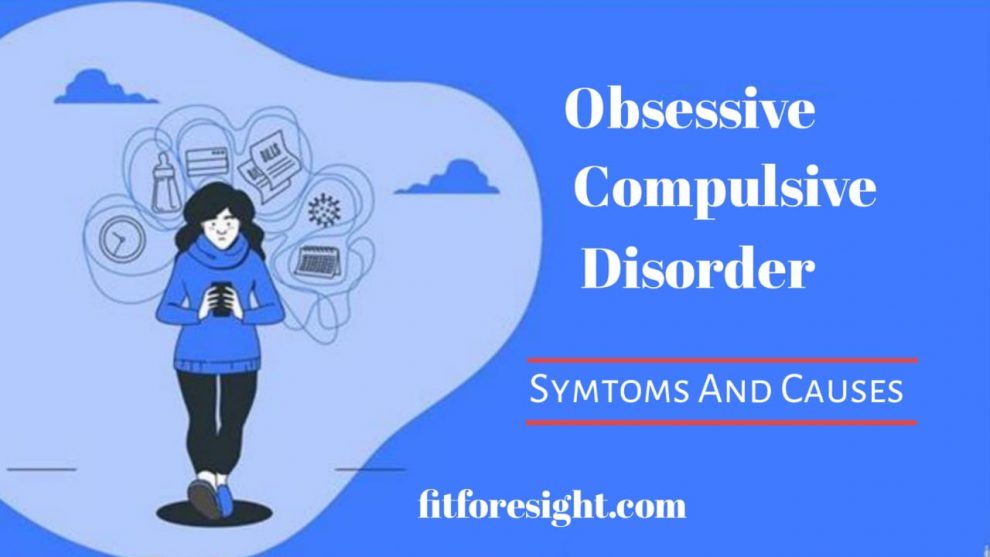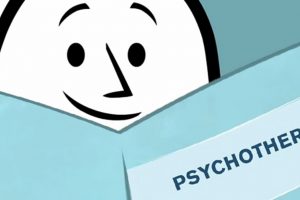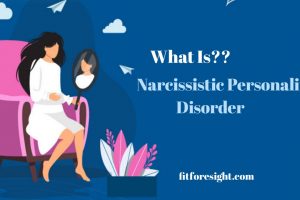Symptoms, Causes, and Treatment
Obsessive-Compulsive Disorder (OCD) is a complex mental health condition that affects millions of people worldwide. It is characterized by a combination of obsessive thoughts and compulsive behaviors that can significantly disrupt daily life. In this article, we will delve into the world of OCD, exploring its symptoms, potential causes, and effective treatment options to help individuals living with this condition lead healthier, happier lives.
What is OCD?
OCD is a mental health disorder that centers around obsessions and compulsions. Obsessions are intrusive, unwanted, and distressing thoughts, images, or urges that repeatedly enter a person’s mind. These obsessions can cause immense anxiety. To alleviate this anxiety, individuals with OCD engage in compulsions, which are repetitive behaviors or mental acts performed in a ritualistic manner. While these compulsions may offer temporary relief, they are often time-consuming and can interfere with daily functioning.
Symptoms of OCD
OCD can manifest in a variety of ways, and symptoms can vary from person to person. Some common symptoms include:
- Excessive handwashing or cleaning: Individuals may engage in frequent and lengthy handwashing rituals due to a fear of contamination.
- Checking: Constantly checking things like locks, stoves, or appliances to ensure they are turned off or locked.
- Counting: Counting objects or performing specific actions a certain number of times to reduce anxiety.
- Arranging and organizing: Rearranging or organizing items in a precise manner to achieve a sense of order and control.
- Hoarding: Accumulating excessive amounts of items and having difficulty discarding them.
- Intrusive thoughts: Disturbing and unwanted thoughts, often of a violent or sexual nature.
- Fear of harm: Excessive fears of harming oneself or others, leading to avoidance behaviors.
Causes of OCD
The exact causes of OCD are still not fully understood, but research suggests that a combination of genetic, neurological, and environmental factors may contribute to its development. Some potential causes and risk factors include:
- Genetics: There is evidence of a genetic component in OCD. If you have a family history of OCD, you may be at a higher risk.
- Brain chemistry: Imbalances in neurotransmitters, such as serotonin, can play a role in the development of OCD.
- Life events: Traumatic events or stressful life experiences may trigger the onset of OCD symptoms in some individuals.
Treatment and Management
Fortunately, OCD is a treatable condition, and many individuals with OCD can lead fulfilling lives with the right interventions. Treatment options include:
- Cognitive-Behavioral Therapy (CBT): CBT, and more specifically, Exposure and Response Prevention (ERP), is considered the gold standard for treating OCD. It helps individuals confront their obsessions without resorting to compulsions, gradually reducing the anxiety associated with them.
- Medication: Antidepressant medications, particularly Selective Serotonin Reuptake Inhibitors (SSRIs), are often prescribed to help manage OCD symptoms.
- Lifestyle modifications: Regular exercise, a balanced diet, and stress management techniques can complement treatment and improve overall well-being.
Living with OCD
Living with OCD can be challenging, but with the right support and strategies, individuals can manage their symptoms and lead meaningful lives. It’s crucial to seek professional help and involve loved ones in the journey to recovery. Education about the condition and building a support network can make a significant difference.
Obsessive-Compulsive Disorder is a complex mental health condition that affects people from all walks of life. By understanding its symptoms, potential causes, and treatment options, individuals with OCD can take steps toward managing their condition effectively. With the right support and interventions, it is possible to lead a fulfilling life, free from the constraints of OCD.

























Add Comment